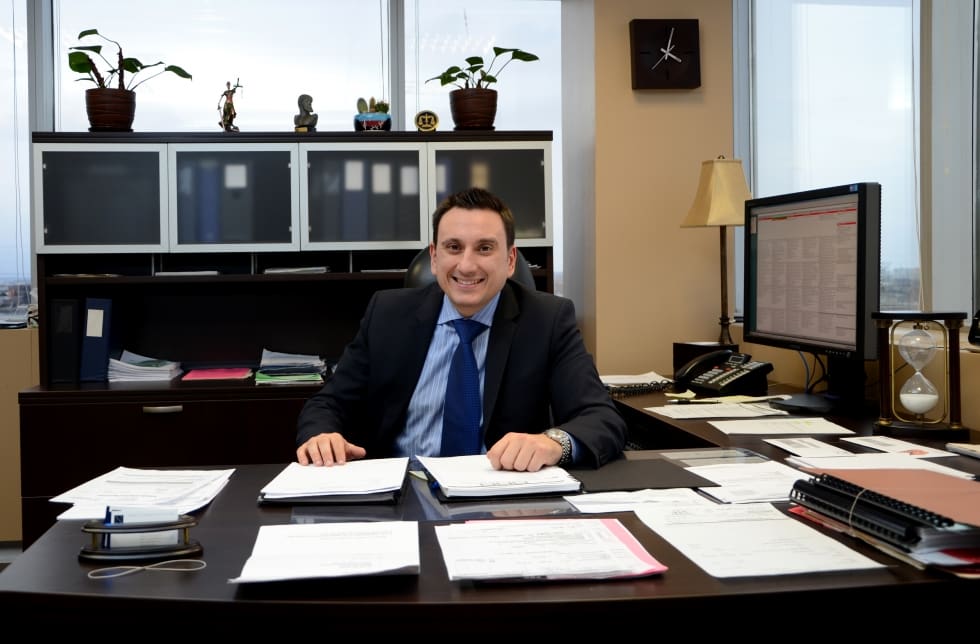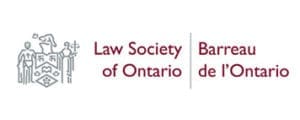When you have been charged with a criminal offence you have the right to defend yourself and:
- discuss the case with a lawyer of your choice,
- to seek to have the charge dismissed, or
- resolved to a lessor charge or plead not guilty and proceed to a trial.
You do not have automatically plead guilty and suffer the severe DUI penalties.
The Canadian Charter of Rights and Freedoms says:
- Everyone has the right to defend themselves in court.
- Everyone has the right to be free of unreasonable search and seizure by the police.
- Everyone has the right to have a judge listen to your case within a reasonable period of time.
In most impaired driving and DUI charges there are issues and defences available.
Many drivers may feel that if the police have arrested you for impaired driving that you’re automatically guilty, which is wrong.
- The police do make mistakes,
- charge people improperly, and
- violate people’s rights,
- many times people are just not guilty of what the police are alleging.
It is the driver’s right under Canadian law to;
- discuss the charge with the Crown Attorney to withdraw or reduce the charge,
- present your defence in a courtroom,
- to have a Judge hear what happened, and for
- the judge to make a decision about the guilt or innocence, not the police.
The law on impaired driving is strict. When an arrest is made the police and the crown attorney must do everything properly and legally to obtain a conviction against the accused. Where your rights as a Canadian citizen have been violated, a criminal charge can be dismissed.
There are defences to impaired driving. There is no charge to have our criminal lawyers meet with you to review your case, call us today at 416-731-7113.
Impaired driving defenses can include issues such as;
- Proper arrest of the accused
- Proper reading of breath samples demand
- The collection of evidence against the accused
- The right to speak with a lawyer in privacy
- The right to have your trial in a reasonable period of time (11b Applications)
- Have the police done everything properly
- Have all the documents been properly submitted and prepared at the court
- Can the prosecution prove the case beyond a reasonable doubt
The onus is on the police and prosecution to prove the guilt of the accused beyond a reasonable doubt to the Judge.
When the police collect evidence like samples of breath from a breathalyzer test there are rules that they must follow.
Where the police evidence has been improperly collected and then presented to the court it may provide a defence for the accused.
If there is a mistake or your rights have been violated, the proper thing for the judge to do is to dismiss or “stay” your charge.
If you have been arrested call me to discuss your case and find out how I can help you.
The police did not give the accused the opportunity or the police did not give the accused privacy while speaking to a lawyer.
Canadian law says that if you are charged with a criminal offence then it is your right to speak to a lawyer as soon as possible.
You have the right to speak to the lawyer in privacy without anyone or a police officer being present.
You have the right to speak you a lawyer of your choosing, and the police must make reasonable steps to put you in contact with that lawyer.
Where the police violate the accused’s rights to counsel the Judge may dismiss any criminal charge.
The police must take a steps to ensure that you speak to a lawyer of your choosing, the conversation takes place as soon as reasonable possible, and that the conversation is done in privacy.
The Canadian Charter of Rights and Freedoms states that if you are a Canadian citizen and charged with an offence in Canada you have a right to have your case heard by a judge within a reasonable period of time.
The time that is considered reasonable for a criminal matter is about eighteen (18) months.
If your case takes more than eighteen (18) months to come to trial as your defense lawyer I can file a complaint to the judge. If the judge agrees that your rights have been violated then the criminal charge would be dismissed.
This is called an 11b Application under the Canadian Charter of Rights and Freedoms.
The police officer is under strict rules for arresting a person for impaired driving.
The officer has to properly and legally;
- place the driver under arrest.
- read the driver your rights to counsel.
- read the driver a demand for a breathalyzer test.
- ensure the driver understands what they have been told.
- ensure that the breathalyzer test is taken as soon as possible.
- ensure that all evidence is collected properly and legally.
- ensure that the case is prepared for trial and that all documents are properly prepared.
This is a partial list of requirements upon the police in arresting and charging an impaired driving, there are many more issues that can arise at trial.
The police have to prove that you are guilty of impaired driving beyond a reasonable doubt.
Which means that the police have to prove to the judge that you are one hundred (100) percent guilty of the impaired driving. In the first instance the accused does not have to defend themselves.
The police have to prove the case against driver, not that driver has to defend themselves.
If the police cannot prove the case against the accused, or the judge has any doubt in their mind, the judge should dismiss the charge.
Where the judge believes the evidence of the police but also finds that the accused was credible and believes their evidence, the Canadian case law of R. vs WD states that the judge should dismiss the charge.
Read more about Reasonable Doubt >>
Breathalyzer tests have to be done properly and legally.
If the police are going to use the results of a breathalyzer test against the driver, the tests have to be done properly and legally.
Breathalyzer tests have to be taken within time limits, by a qualified breathalyzer technician, usually within three (3) hours of the time of the offence.
When the case comes to trial, either the breathalyzer technician has to come to court, or the arresting officer has to provide to the court the proper paperwork to prove the breath readings, and that the documents were properly served on the accused.







